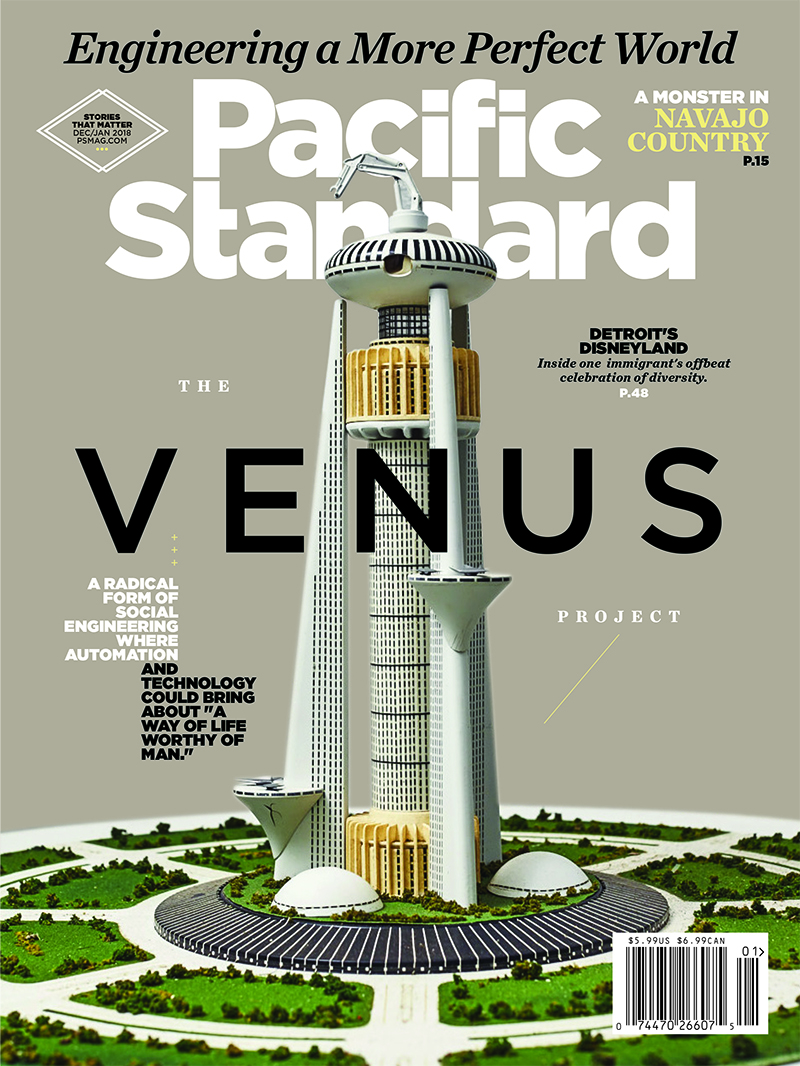Speeding around northern New Jersey in our parents’ minivans as teenagers, my friends and I found ourselves with flashing lights in our rear-view on several occasions. We knew the drill: license, registration, PBA card.

(Photo: Jarren Vink/Pacific Standard)
Distributed throughout the United States by some police unions, including New Jersey’s Policemen’s Benevolent Association, PBA cards are locally considered “get out of jail free” cards for traffic tickets. Pull one out during a stop, and—no guarantee, but—the officer’s keening siren just might segue into a wink and an admonition to “get home safe.” Officers tend to award the cards to family and friends, and people whose favor they’re hoping to curry. My PBA card found its way to my wallet by way of my mom’s client’s husband, an officer in a nearby town.
Discretion is a critical part of policing. Sometimes leniency is warranted—if not for a car full of teens, then perhaps for a desperate parent speeding her sick child to the hospital—and PBA cards can signal to officers that card-carrying drivers have been pre-vetted by colleagues. The trouble is, leniency tends to favor those with social privilege, especially those who are white or wealthy. Across the states with the most comprehensive traffic-stop data, black drivers account for far more traffic stops than is proportionate to their share of the population. When pulled over, they are also more likely to be searched, even though police find contraband on white drivers more often.
The solution, however, is not eliminating small favors for some—it’s extending them to all.
“Community policing” initiatives that encourage officers to develop ties to the neighborhoods they patrol could help. Atlanta, Detroit, and Baltimore have all begun to offer financial incentives to officers who live where they work. If your attending officer is your neighbor, he may not need to outsource discretion to a card.
A version of this story originally appeared in the December/January 2018 issue of Pacific Standard.





